El Eco, Guillermo Nojechowicz - Two Worlds (2002)
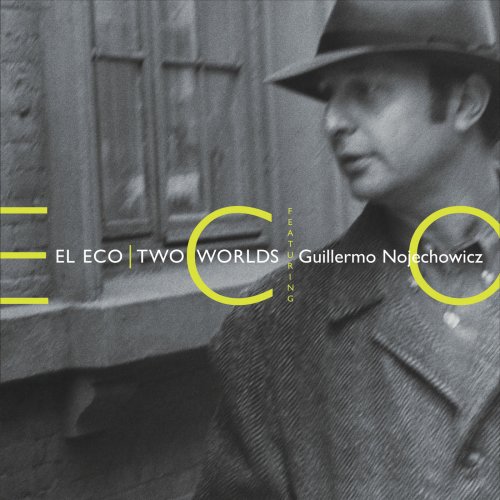
Artist: El Eco, Guillermo Nojechowicz
Title: Two Worlds
Year Of Release: 2002
Label: Dreambox Media
Genre: Jazz, Latin Jazz
Quality: flac lossless (tracks)
Total Time: 00:56:44
Total Size: 365 mb
WebSite: Album Preview
TracklistTitle: Two Worlds
Year Of Release: 2002
Label: Dreambox Media
Genre: Jazz, Latin Jazz
Quality: flac lossless (tracks)
Total Time: 00:56:44
Total Size: 365 mb
WebSite: Album Preview
01. Two Worlds (feat. Claudio Roditi & Helio Alves)
02. Partido Final (feat. Dino Govoni)
03. Time Lost (feat. Romero Lubambo)
04. Samba de Maya (feat. Kim Nazarian)
05. Uruguay (feat. Cafe & Helio Alves)
06. La Bossa Nova de Claudio (feat. Claudio Roditi)
07. Cafe Opiniao (feat. Romero Lubambo)
08. Fragile (feat. Kim Nazarian)
09. Chacarera de Paloma (feat. Donny McCaslin)
10. Boa Viagem Baiao
11. Buenos Aires
When people speak of Latin jazz, they're usually referring to a blend of bop and Afro-Cuban music - in other words, the sort of jazz that Poncho Sanchez is a master of. Sanchez is an expert when it comes to combining jazz with son, cha cha, mambo, and other rhythms that came out of Cuba. But here's the thing: Afro-Cuban music, for all its greatness, is only part of the Latin picture -- Latin music is also everything from Venezuelan joropo to Mexican norteño to Dominican merengue to Colombian Cumbia. So if you want to be specific, you can say that Sanchez specializes in Afro-Cuban jazz, whereas someone like Argentinean drummer Guillermo Nojechowicz (a Boston resident since 1980) has more of a pan-Latin approach to jazz. Technically, Two Worlds is Latin jazz because Nojechowicz is combining Latin music with acoustic-oriented post-bop. But Two Worlds doesn't sound like the typical Afro-Cuban jazz project one associates with Sanchez, Tito Puente, Machito, Cal Tjader, or Mongo Santamaria. Afro-Cuban jazz is only a part of what Nojechowicz and his group el Eco do on this CD; he also combines post-bop with everything from Brazilian samba to Uruguayan candombe to the tango of his native Argentina. Many of the selections could be termed South American jazz - many, but not all. It would be inaccurate to describe the Afro-Cuban-influenced tracks as South American jazz because Cuba is in the Caribbean, not South America. Most of the material was written by Nojechowicz himself; the exception is Sting's "Fragile," which lends itself nicely to an acoustic jazz/South American makeover. Those who are seeking something less predictable from Latin-minded jazz would do well to explore Two Worlds.
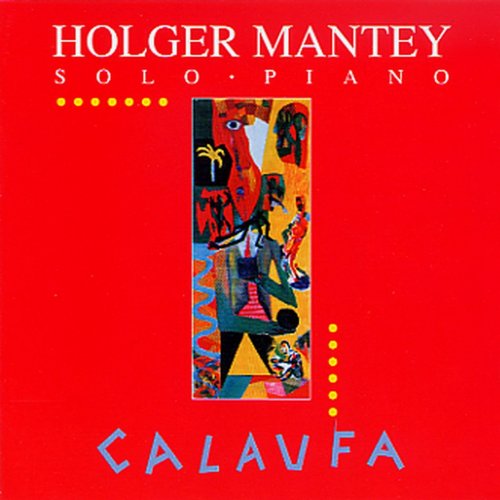
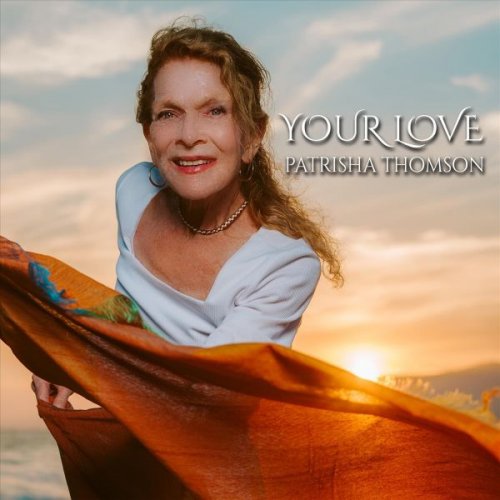
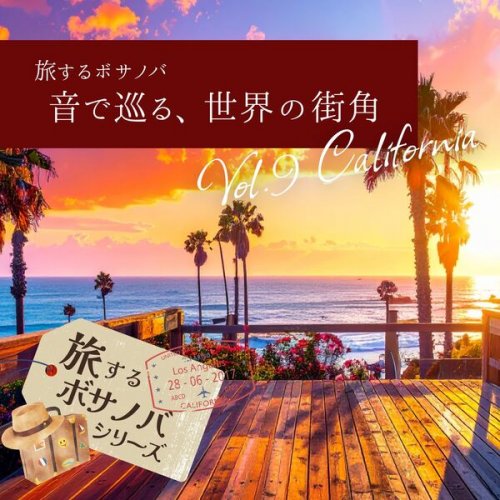
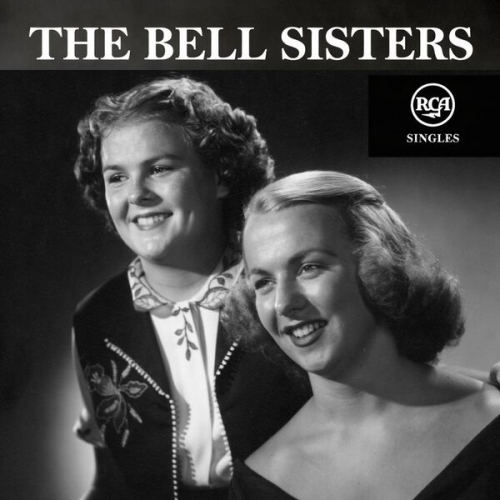
![Alexander Wienand - Strangers (2026) [Hi-Res] Alexander Wienand - Strangers (2026) [Hi-Res]](https://www.dibpic.com/uploads/posts/2026-02/1772172636_cover.jpg)
![Various Artists - Lost Tracks: Accra to Addis (2026) [Hi-Res] Various Artists - Lost Tracks: Accra to Addis (2026) [Hi-Res]](https://img.israbox.com/img/2026-02/26/lqvyrzr9f9yed5j0r3zv7c1r6.jpg)


![Antonio Faraò & Stéphane Belmondo - Do it! (2026) [Hi-Res] Antonio Faraò & Stéphane Belmondo - Do it! (2026) [Hi-Res]](https://www.dibpic.com/uploads/posts/2026-02/1772037177_1.jpg)